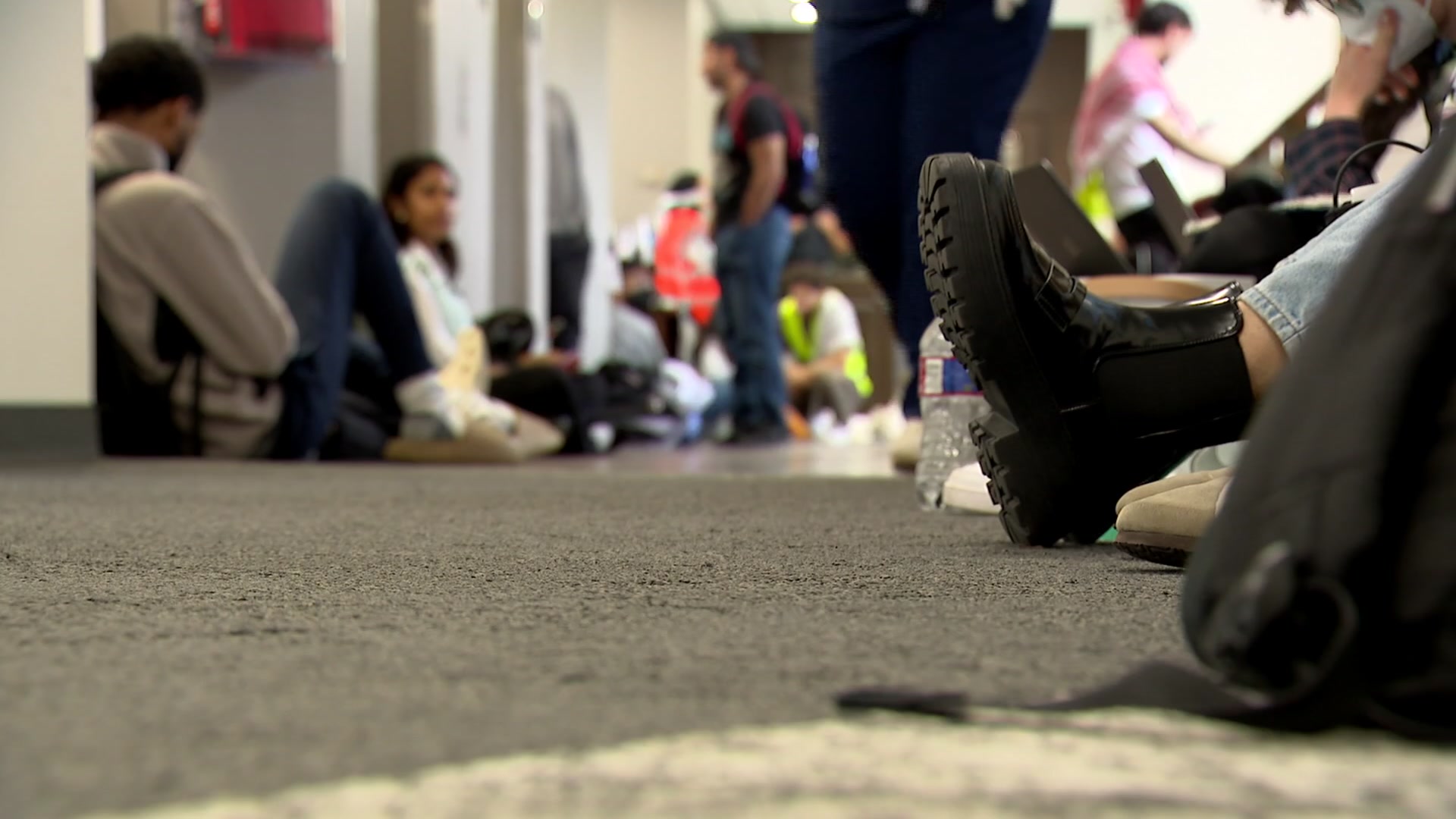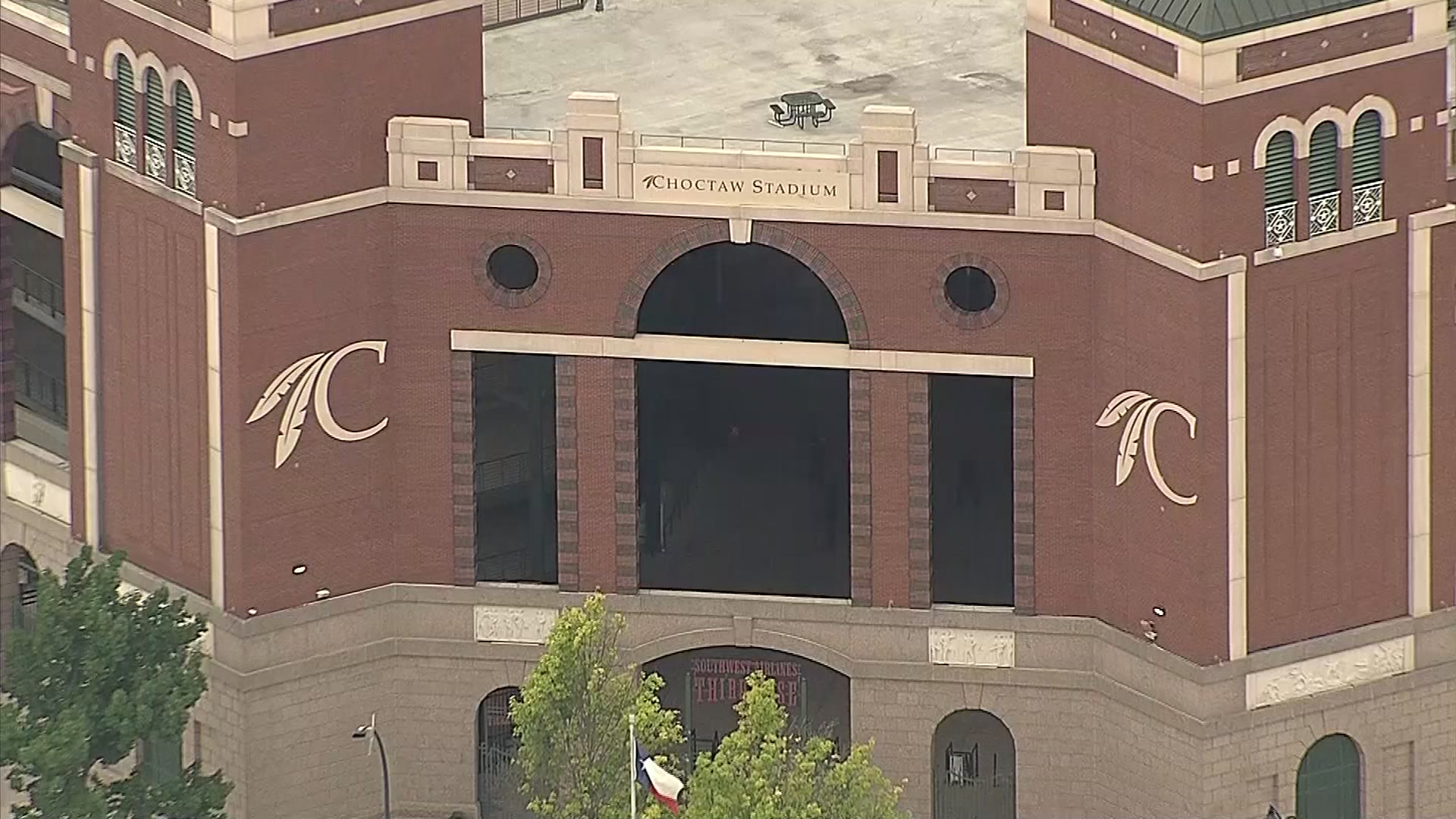Helping students beyond academics. That's the mission of the mental health program at Paul Quinn College. The historically black institution is making sure students who arrive in Dallas have the help they need to succeed.
Dr. Stacia' Alexander is a proud product of Dallas. She's also the product of past trauma caused by what she called dysfunctional family.
She said her emotions even boiled over at school.
"I was still fighting. I was still fighting at 18. I was fighting other girls. I was fighting guys. I was fighting everybody," she said.
One day, she said something caught her eye.
"I'm sitting in the house, I'm crying, I'm upset and this can't be normal," said Alexander of a childhood memory. "I look on the shelf and I see my dad's psychology book."
From that point on, she knew psychology was her path. Today, having overcome those difficulties, Dr. Alexander sits in an office not far from where she dealt with her traumas. Only now, she helps college student navigate theirs.
Local
The latest news from around North Texas.
She asks the question, "You've made it to college, now what?"
Paul Quinn College wants to help students answer that question. Dr. Michael Sorrell, president at Paul Quinn, says school leaders thought they were doing the right thing by taking students out of unhealthy environments and placing them on a college campus.
"We were naively thinking 'oh it's going to be fine. We've got them in a safe environment. We are a warm, loving environment. This is going to be okay,'" he said. "And we totally missed that things don't just magically become OK because you've removed someone from the circumstances from which they've come."
Sorrell said it became clear that students needed more than a place to study. They needed more than books, a dorm room and financial aid.
"We realized that more and more of our students are dealing with the traumas that are associated with just every day poverty, of trying to create a life out of scarcity," said Sorrell.
The mental health initiative was launched in partnership with UT Southwestern. All incoming students are asked to attend an information session and meet with a counselor to assess their personal needs.
An on-campus mental health clinic is now open to all students free of charge - a critical component on a campus where 85 percent of students qualify for Pell Grants, and 70 percent of those get no family contribution.
"I want everyone to have the ability to be everything that they can be and to learn how to cope with difficult moments," said Sorrell. "Once we started having these conversation out in the open, we realized how much our students needed them."
Sorrell and Alexander say they, through observation and student feedback, they can see that the mental health initiative is working.
"A lot of it is unprocessed trauma. And so they get to this space and it's new stimuli, and they realize 'oh I'm angry' or 'I'm anxious or fearful,'" said Alexander. "So we explain it [mental health] just like any other part of your health. You go to your dentist, your optometrist you go to your physician."
Student Doughlas Gutierrez says he's not the person he was when he first arrived three years ago.
"There's a certain persona Hispanic males have to carry throughout the household," said Gutierrez. "Throughout my tenure and my growth, I've learned that there's more to me than what I thought."
Mental health town halls, group sessions, one-on-counseling, and marketing materials are all a part of the program.
"The totality of the person is not just about academics and it's not just about work. That there are some emotional factors involved in who you are," said Alexander.
Sorrell says asking all students to participate reduces the chance of embarrassment and lessens the stigma often associated with mental health programs.
"Difficult moments don't have to turn into difficult lives. We all go through something," said Sorrell.



